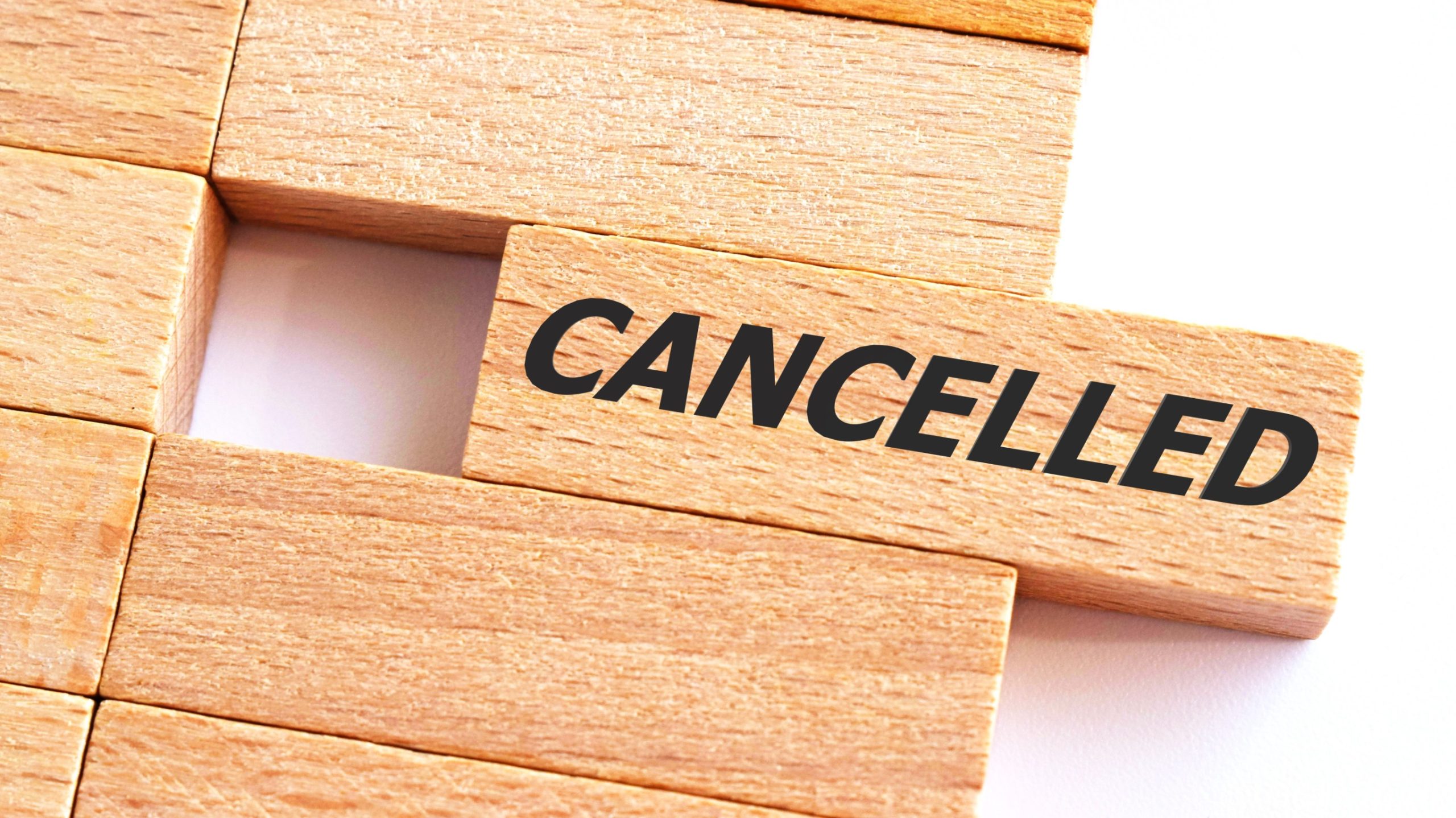

In 2024, more than just TV shows were canceled. As a society, when someone steps out of line we often “cancel” them to hold them accountable or publicly shame them. However, in the era of social media, we are quick to judge regardless of the facts. Instead of engaging in discourse when we have differing points of view, we silence other people’s opinions more frequently. Pew Research found that 14% of adults described cancel culture as a form of censorship and another 12% felt it was mean-spirited attacks on a person to cause them harm. That said, people and things are still being canceled in 2024, despite any feelings about our so-called “cancel culture.” Here’s a look at some things that have been canceled this year (so far).
1. Blake Lively
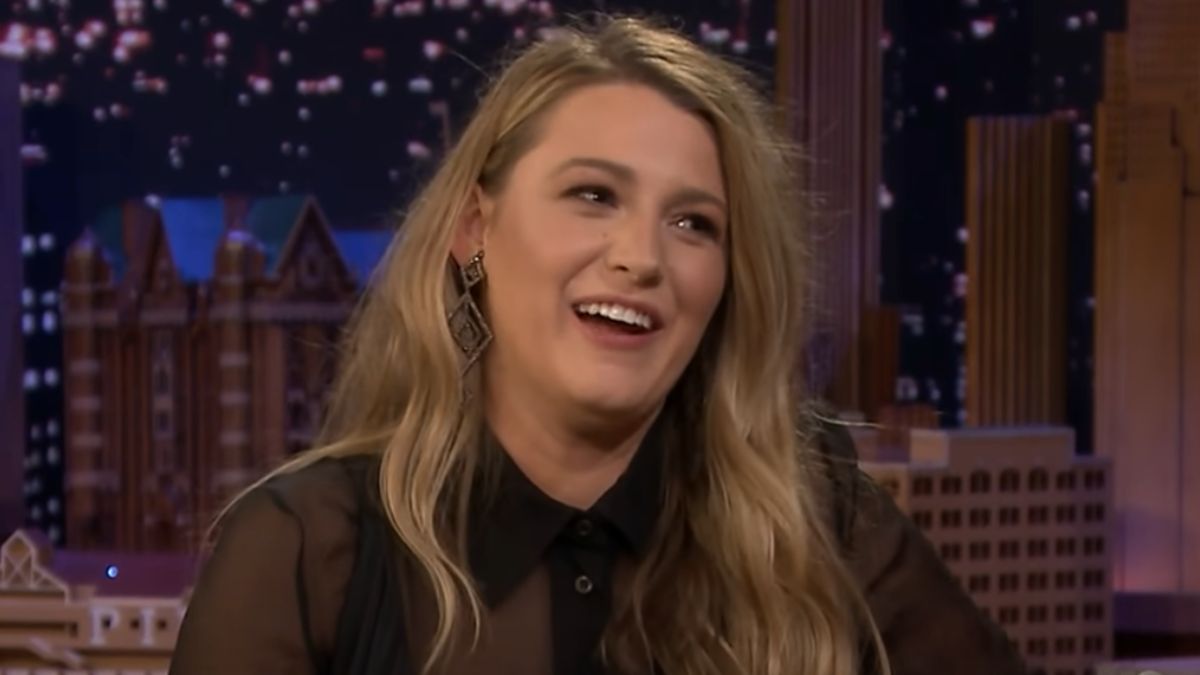

Blake Lively has received some heat during the filming and promotion of her latest movie “It Ends with Us.” She has been painted as out of touch by fans when she didn’t understand the gravity of the domestic abuse her character experienced. There also was obvious tension with her co-star and director Justin Baldoni. Lively said that she was caught off guard by all the negative comments she received online during the promotion of the movie.
As she traveled to promote the film, previous interviews also resurfaced where Lively seemed to be rude to the interviewer. Take a look at this clip below. It still isn’t clear if her career will fully bounce back after these controversies.
2. Jeffree Star and Shane Dawson
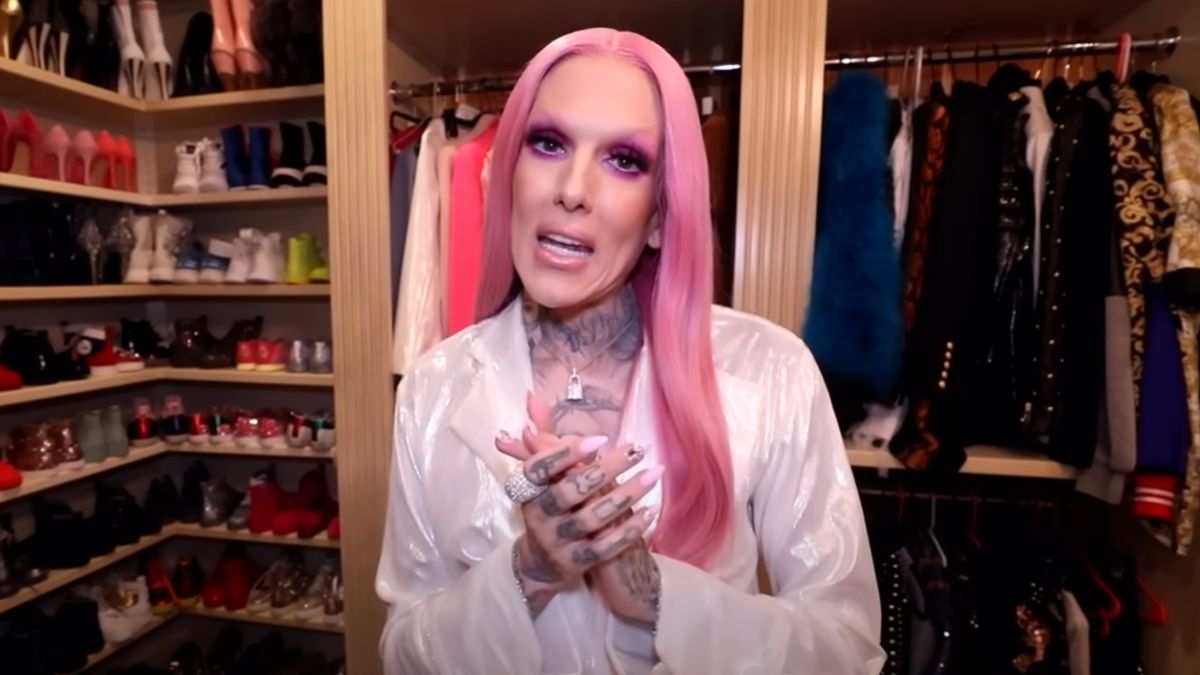

Old content of business partners Jeffree Star and Shane Dawson resurfaced showing bullying, manipulation, and racist remarks. Seeing this, many major retailers dropped Jeffree Star’s popular makeup line from their online and brick-and-mortar storefronts. Despite being canceled multiple times, the stars are fighting to make a comeback.
For influencers like Jeffree and Shane, this demonstrates the long-term impact of past behavior on one’s career, especially if you are in the public eye. What’s challenging is that there is little separation between private and public life for social media influencers. Fans expect access to every aspect of an influencer’s life. However, many influencers are beginning to draw boundaries when it comes to their private lives. Only time will tell if Jeffree and Shane return to their former glories.
3. Yeezy
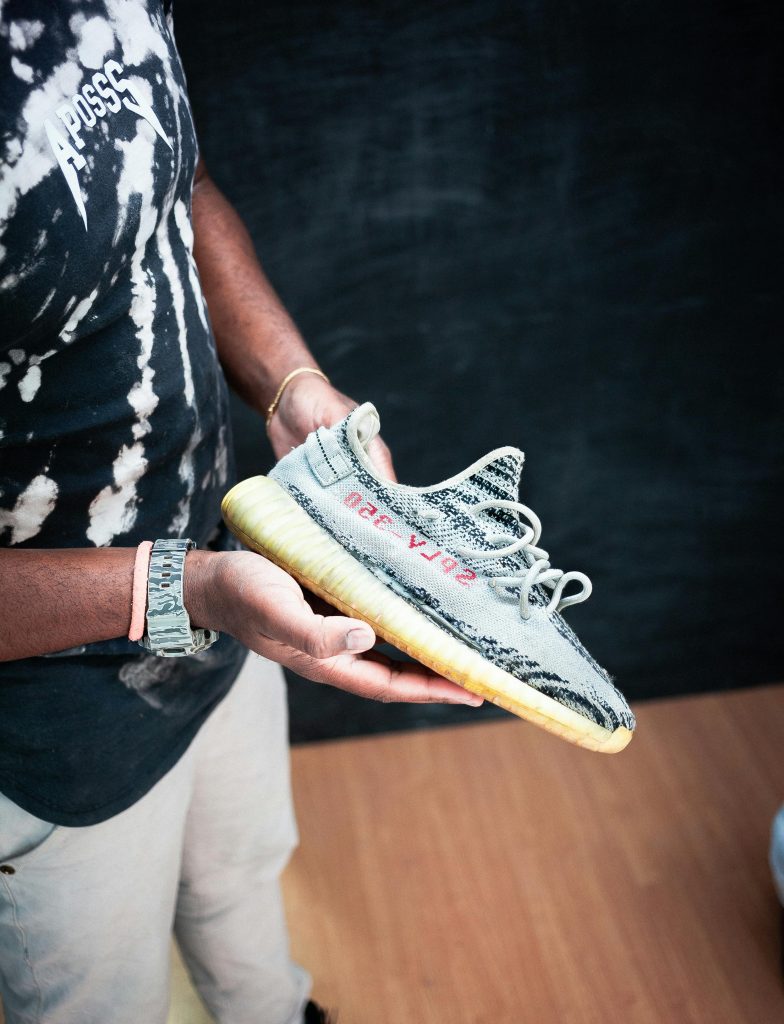

The brand Yeezy finally met its demise in 2024. Founder Kanye West’s anti-sematic remarks led to the cancelation of West’s partnership with Adidas. The shoe company has plans to sell the remaining Yeezy inventory through the end of 2024 on its digital platforms. They will not be sold in stores. West has struggled with bipolar disorder, but his comments were unacceptable, leading to the dismantling of his popular sportswear brand. This begs the question though, should cancel culture give second chances to individuals struggling with mental health?
4. Kyte Baby


In January 2024, the internet boycotted the popular baby clothing brand Kyte Baby after an incident with an employee. An employee requested to work remotely while her newborn, whom she adopted, was in the NICU. The request was denied and she was forced to resign from her position. Founder Ying Liu quickly apologized for her mistake after the controversy went viral on TikTok. After an insincere scripted video that also received backlash, Liu posted a second apology video. While the brand has survived, many moms are still boycotting. This is an important lesson for brands that consumers expect company values to be upheld and they are constantly watching.
5. Kellogg’s Cereal


Kellogg’s has received heat this year for being tone-deaf. In February 2024 on CNBC’s Squak, CEO Gary Pilnick suggested that families consider “cereal for dinner” to combat rising food costs. While the company has been promoting eating cereal for dinner since 2022, the statement was met with criticism since many families are facing real challenges with food insecurity this year. A boycott quickly ensued.
Then again, in October, the company faced more scrutiny about the ingredients used in its products. Hundreds of protestors gathered outside Kellogg’s headquarters in Michigan to hold them accountable for the promise they made to remove artificial dyes from their foods. The company has managed to do this in Canada and other countries. In the United States, Kellogg’s cereals still contain both food dyes and chemical preservatives. Soon after, the hashtag #CancelKelloggs was trending and more people were calling to boycott the brand.
6. The Willy Wonka Experience
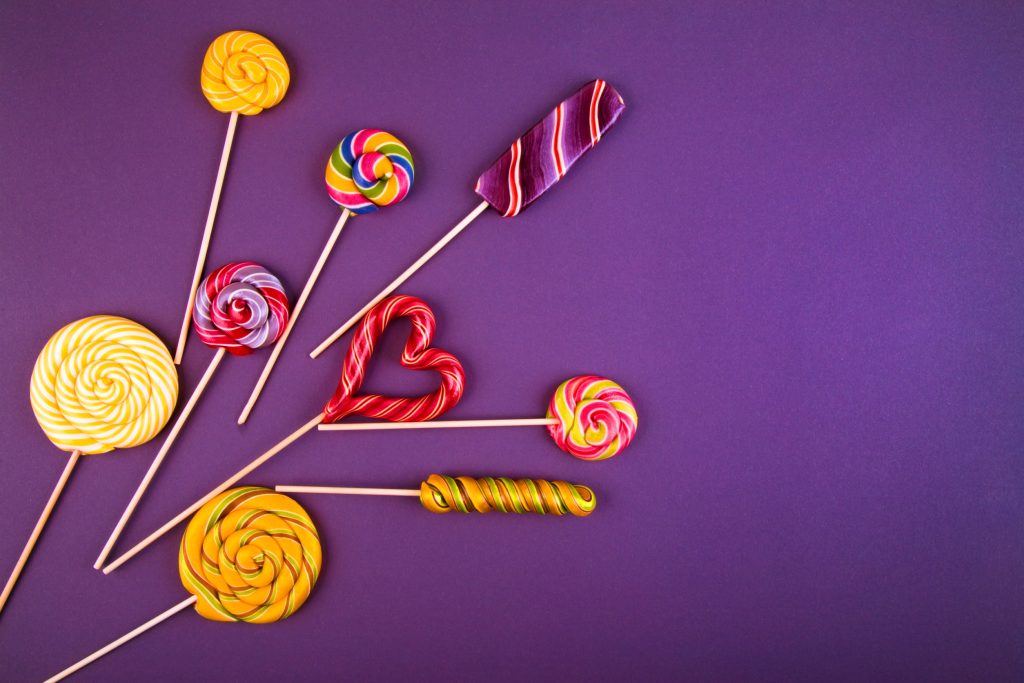

You may be familiar with the viral Willy Wonka Experience letdown that happened in Glasgow. Many experiences like this have become popular within the last few years like the Friends Experience, the Ice Cream Museum, and more. This particular Willy Wonka Experience overpromised and undelivered. All of the event’s marketing was generated with AI and was far from what patrons actually experienced. A sparse warehouse with a few decorations was not the “ journey filled with delicious treats, enchanting adventures, and moments worth capturing” that attendees were told they’d see. The operation was quickly shut down and refunds were issued.
The Impact of Cancel Culture
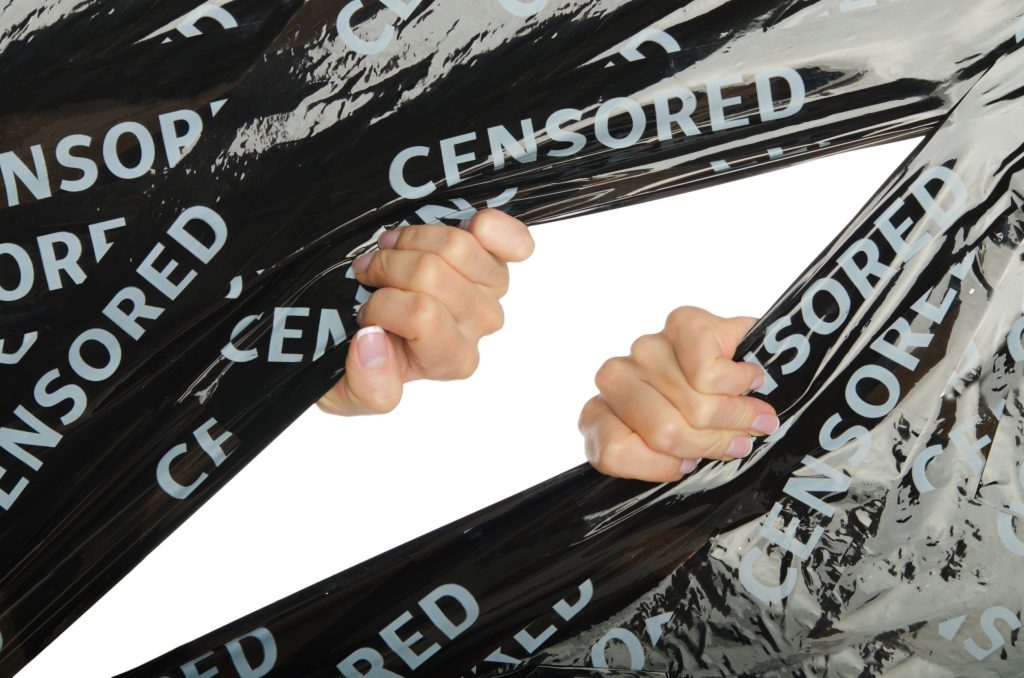

We are all used to celebrity scandals, but has cancel culture gotten out of hand? These are just a few examples of the impacts of cancel culture on people and brands. Consumers and fans are quick to shame, blame, and boycott companies and individuals who make mistakes. So, are apologies effective or second chances possible, or do the impacts of cancel culture permanently damage brand reputation and personal image? For many of these people and brands, the impact that cancel culture has had on their lives or businesses is irreversible.
Read More


Teri Monroe started her career in communications working for local government and nonprofits. Today, she is a freelance finance and lifestyle writer and small business owner. In her spare time, she loves golfing with her husband, taking her dog Milo on long walks, and playing pickleball with friends.

